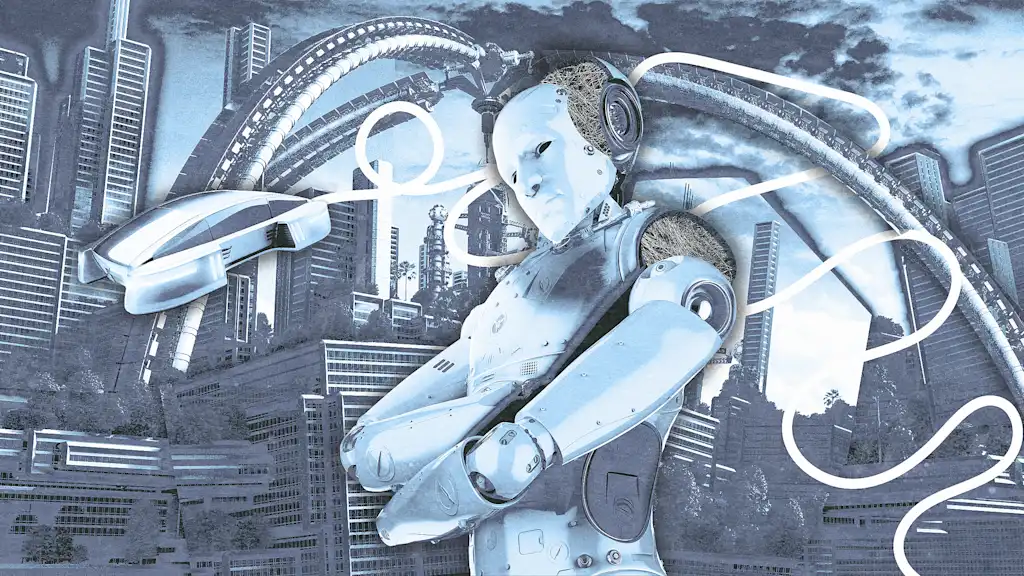
"Nick Foster is not a fan of how Silicon Valley imagines the future. As a designer and writer who has spent his career at places like Google, Nokia, and Sony, he's had a front-row seat to the tech world's relentless obsession with turning science fiction into science fact. The problem, he argues, is that the source material was never meant to be a manual for reality."
""The primary function of science fiction is to explore ideas and to entertain. It shouldn't be considered a brief," Foster tells me. He worries when he hears people in meetings say, "We should make the thing from Minority Report." To him, it's a lazy shortcut-an idea taken from a cinematic universe built for drama, not for pragmatic, human-centered utility. "They're sort of misreading the function of that art form," he says."
Silicon Valley frequently treats science fiction as a blueprint for real products, aiming to turn cinematic ideas into functioning technology. Science fiction primarily explores ideas and entertains rather than providing practical design briefs. Adopting fictional interfaces or devices without considering human-centered utility produces solutions that prioritize drama over pragmatism. Invoking specific film or novel designs as targets encourages lazy shortcuts in product development. Thoughtful futurism requires evaluating usefulness, practicality, and human needs instead of replicating spectacle. Product decisions should be based on pragmatic value and user-centered design rather than on excitement generated by fictional portrayals.
Read at Fast Company
Unable to calculate read time
Collection
[
|
...
]